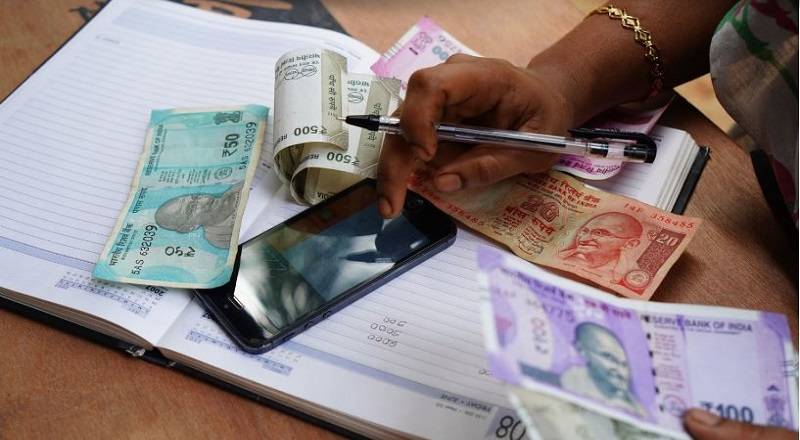Banks and financial institutions also contact the borrower when something happens to the primary borrower death. If the co-borrower does not repay the loan, the bank approaches the guarantor or the heirs of the borrower. Bank Loan new rules: What happens bank loan if the borrower dies.
It should be noted that it depends on the type of loan taken and the collaterals. In case of taking a personal loan, it is an unsecured loan. Because, lending banks or financial institutions cannot legally ask the heirs or surviving members of the deceased borrower to pay the outstanding amount.
Such loans have no basis. Therefore, the bank cannot seize and sell any property of the borrower to recover the amount. The outstanding amount is finally return off and credited to the NPA account by the bank. According to another rule, if there is a co-signer or co-applicant, the bank can transfer the liability of repayment to that person after the death of the primary borrower.
The same applies to other unsecured loans such as credit card loans. Currently, most unsecured loans now come with insurance for the primary borrower. The insurance covers the loan amount and is valid for the entire loan repayment period. In case of death of the primary borrower, the outstanding loan amount can be recovered through insurance.
Generally, while taking a loan, the borrower pays a premium for such insurance. When the primary borrower of a home loan dies before repaying the loan, the lender usually checks the co-applicants for that loan. If the co-applicant is unable to service the loan, the bank approaches the borrower’s family members, legal heirs or guarantors.
Also Read: Karnataka: Dasara Holidays declared from September 28, issued new order
Also Read: Bank Loan new rules: What happens bank loan if the borrower dies
Also Read: Virat Kohli shared a photo of Roger Federer-Rafael Nadal crying
If any of them takes responsibility for repaying the home loan, the lending bank or financial institution returns the secured property to its owner. But, if no one promises to repay the Bank Loan within the stipulated time, the Bank seizes and sells the property to recover the loan, crediting the proceeds to the loan. When the vehicle loan is not repaid due to the borrower’s death, the bank asks the legal heirs to repay it. If the legal heir refuses, the bank will seize the car and then action it to recover the due amount.


Comments are closed.